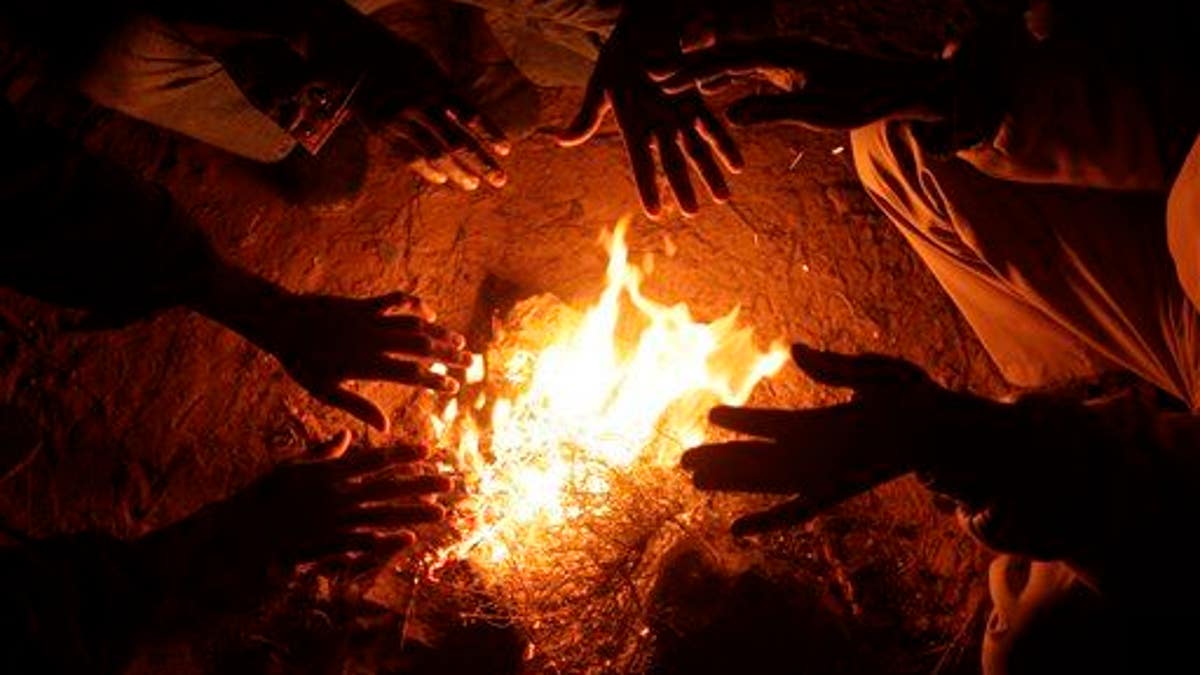
File photo. (AP Photo/Pier Paolo Cito)
As early human milestones go, it's as big as they get: the "invention" of fire. Or more precisely, the mastering of fire. Now archaeologists studying an ancient cave in Israel say they've figured out when humans managed the feat: about 350,000 years ago, reports Science.
Researchers discovered that burned flints began showing up regularly around that time in Tabun Cave near Haifa. Humans were using the cave as long as 500,000 years ago, and they apparently had the occasional fire way back then, but they didn't learn to control it and start campfires at will for a while.
'While the earliest evidence of fire associated with hominin activities is much older, the data presented here indicate that fire became a regular and constant part of hominin behavioral adaptations in Eurasia only after 350,000 years ago," says Ron Shimelmitz of the University of Haifa, as quoted in the Daily Mail. Both stories says the study in the Journal of Human Evolution won't end the debate: Other prominent archaeologists say that controlled fire must have come along much earlier and played a role in the evolution of our bigger brains and smaller guts. (Click to read about the discovery of an ancient, busty statuette.)
This article originally appeared on Newser: Cave Find Suggests When Humans Figured Out Fire
More From Newser
